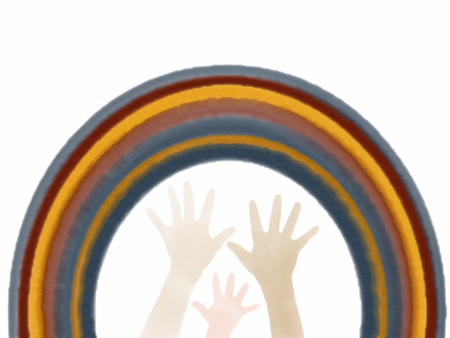Frequently Asked Questions
Where will we meet?
All face to face sessions will take place at The Cambrian Centre, Caplan Court, 1 Grove Rd, Richmond TW10 6SN. The venue is within easy reach of Richmond, Twickenham, Teddington, Isleworth, Barnes, East Sheen, Chiswick, roehampton and Hammersmith.
Is there a waiting list?
No waiting lists are used. Customers can be seen as soon two day appointments.
How many sessions will my child need?
Clients will have the opportunity to decide on whether to work open-ended or to agree on a fixed number of sessions according to the child's needs. The length of treatment usually varies as it depends upon the intensity of the child's difficulties, together with how responsive the child is to the therapy sessions.
How long do sessions last?
Clients are usually seen for up to 45 minutes once to twice a week, except otherwise agreed with the therapist. It is recommended that the same time and day of the week for every meeting is sustained in order to support the child's smooth transition into therapy. Online session timings may vary according to the child's response to online therapy but they usually last for a minimum of 30 minutes and a maximum of 45 minutes.
When should I bring my child for play therapy?
It is advised that three steps should be followed in order as a parent to establish when is the right time for your child to see a Play Therapist. When you find that your child displays odd uncharacteristic behaviour such us withdrawal, aggressiveness, mood swings with mostly feeling down and low, self-injurious behaviour and/or being destructive, the first step is to observe the behaviour for one week and try to identify possible triggers. After a week, step two would be to communicate the issue with other significant adults in the child's life (e.g. caregivers, grandparents, school teachers) and ask them if they have noticed the behaviour. It would be beneficial if they too observe the child's behaviour and seek to find triggers. When the particular behaviour is ongoing and exceeds the period of two weeks, it is suggested that you seek professional help, step three. This behaviour may be an indication that your child is not capable of dealing with and expressing what they are experiencing and feeling. Just a couple of therapeutic play sessions will provide your child a safe, confidential and non-judgemental environment where through play they can freely communicate their needs and those difficult to understand emotions.
What assessments are made during the session?
The assessment is done in context of the facilitation of a therapeutic relationship between the child and the therapist and combined with play therapy techniques. Therefore the atmosphere is child-friendly, relaxed, playful and supportive. Through therapeutic interaction with the child, the play therapist is usually able to determine some or all of the following aspects:
- Self-image and self acceptance
- The child's ability to identify, accept and communicate feelings and emotions.
- The nature of the relationships between the child and other family members.
- The child's perception of her own ability to cope with her present situation.
- Stressors and Triggers of certain behaviours
- Signs of anxiety and depression
- Aggression

What should I tell my children before bringing them for play therapy?
It is suggested that parents explain to their children that they are going to see a play therapist who is going to help them understand difficult feelings and emotions while they paint, draw, tell stories, dress up, listen to music, sing, make something out of clay, play with sand, water etc. Explain that it is helpful to talk about feelings, because if they are kept inside and ignored they might cause unhappiness and confusion which can be frightening.
How can parents participate in play therapy sessions?
Interaction with the parents is crucial for the effectiveness of Play Therapy. The therapist will usually have an introductory meeting with the parents prior to the first session with the child. The parents are encouraged to give as much information as possible regarding the child's behaviour, routine, likes and dislikes. It is important to understand the context in which the behaviour of concern has developed. It is also necessary for the play therapist to be aware of the parent's communication and discipline patterns with the child and the nature of boundaries within the home environment. The therapist then works individually with the child but communicates important issues that arise within the sessions with the parents. Parents will have the opportunity to obtain regular feedback sessions, which are usually scheduled after every 6-8 sessions with the child.
It is understandable that for some children it can be intimidating to interact with someone they do not know, but the approach is non-threatening and child-friendly. The therapist does not force children to talk about something that they do not feel ready to talk about. If it is difficult for the child to separate from parents, they can sit in on part of the first session and quietly leave the room when the child is destructed and absorbed in the process of therapeutic play.



